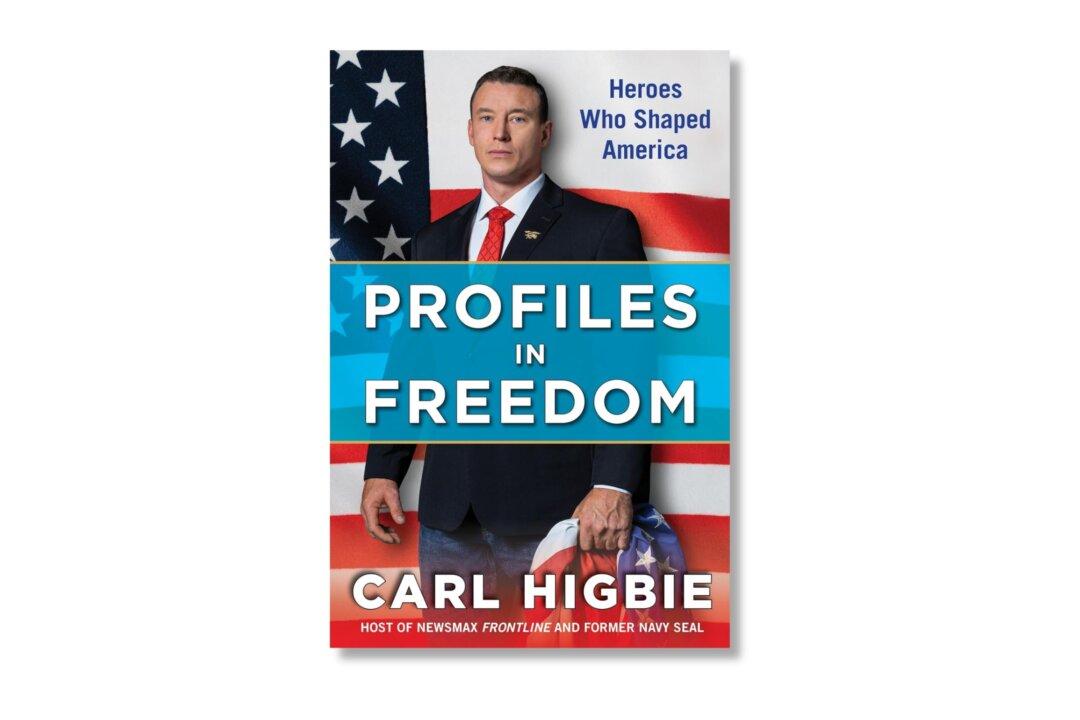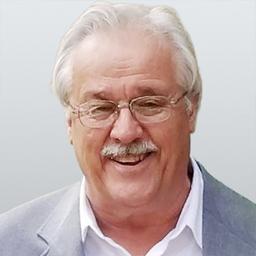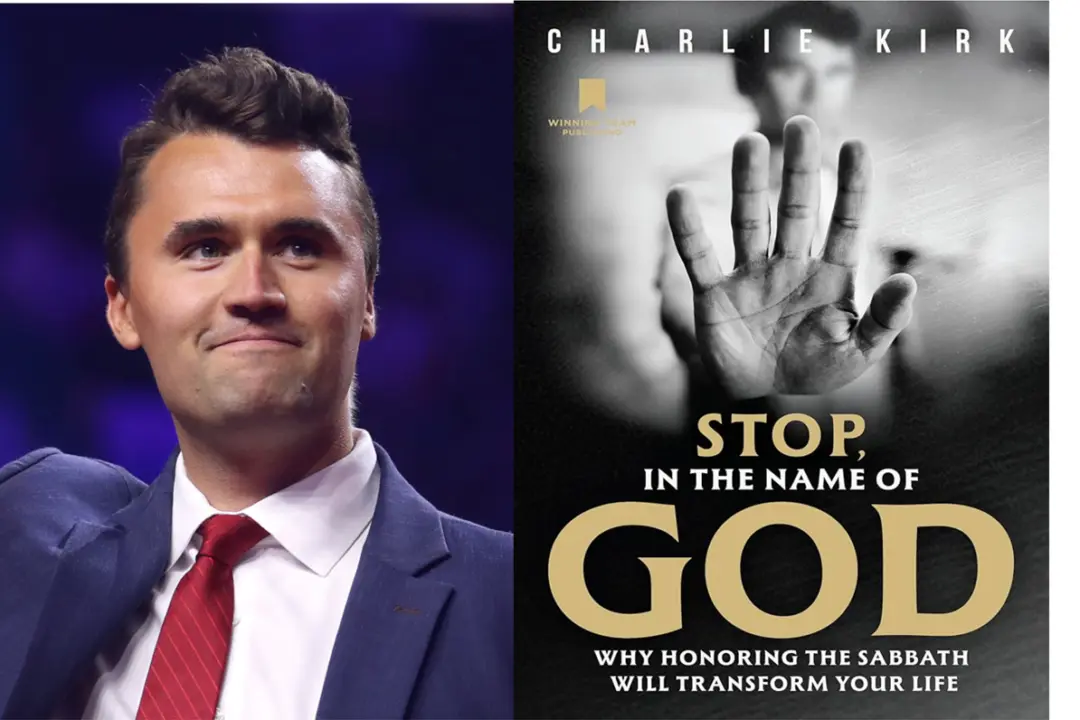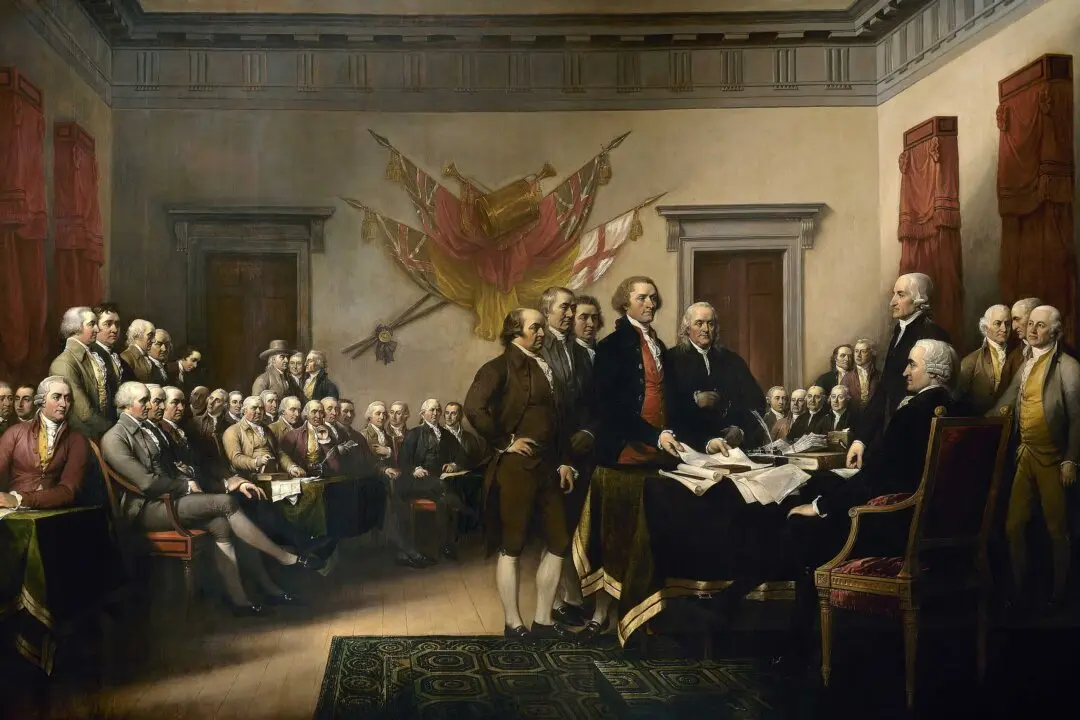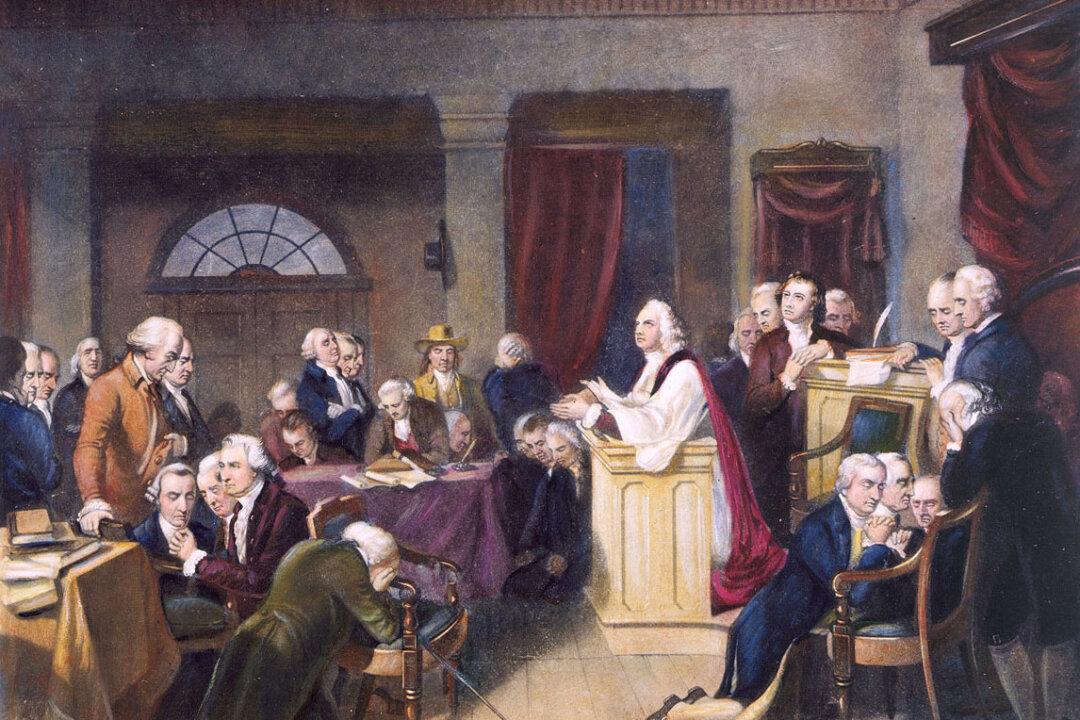Author and former Navy SEAL Carl Higbie wrote his latest book, “Profiles in Freedom: Heroes Who Shaped America,” because he believes that it’s important to learn history as it happened, not as we choose to remember it.
Higbie is passionate about American history, and his enthusiasm for the subject shines through in his fourth book. He wrote: “Knowing the roots of our country, for better or worse, gives us a healthy appreciation of the journey we made and how lucky we are to live here in this day, this land. Armed with the knowledge of history, we can make decisions that could have generational impact for the better.”

